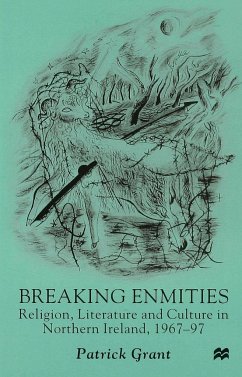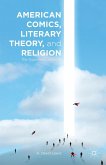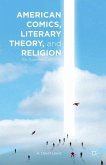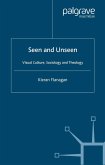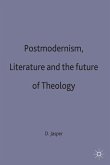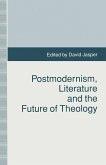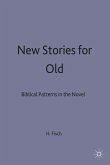This book discusses relationships among religion, literature and ethnicity in Northern Ireland since 1967. The introduction provides a theoretical account of how literature engages sectarian prejudices, allowing these to be played out in ways that can help to dissolve or mitigate the alienating effects of traditional enmities. Subsequent chapters deal with identity, endogamy, education, gender, and imprisonment. Each chapter combines an analysis of specific cultural issues with a critical assessment of relevant works by key authors. A conclusion offers an assessment of relationships between Northern Ireland and other modern societies facing analogous problems in a post-modern world marked by rapid globalisation.
'...his use of the writing of political analysts, academics, playwrights, poets and prisoners from the two communities...proves to be insightful and engaging.' - Lucretia Stewart, Times Literary Supplement
'Patrick Grant's impressive book is an attempt to describe the complex relationships among religion, literature and ethnicity...What is refreshing about this analysis is its ability to find new ways of describing and understanding sectarianism as much by what is left unsaid and by what is said.' - David Chillingworth, Church Times
'Patrick Grant's impressive book is an attempt to describe the complex relationships among religion, literature and ethnicity...What is refreshing about this analysis is its ability to find new ways of describing and understanding sectarianism as much by what is left unsaid and by what is said.' - David Chillingworth, Church Times

